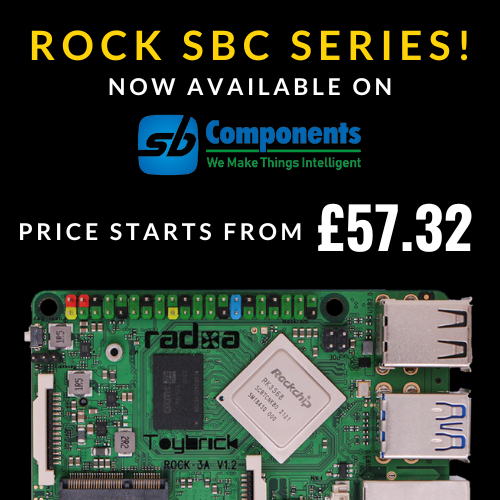The Bit-Brick K1 is a cutting-edge single-board computer (SBC) designed for industrial automation, edge computing, and AI-driven applications. At its core is the SpacemiT Key Stone K1, an ultra-low-power octa-core RISC-V system-on-chip (SoC) enhanced with SpacemiT Daoyi AI acceleration. Built on the RISC-V 64GCVB architecture and RVA22 standard, this processor delivers an impressive 2.0 TOPS of AI computing power, optimized for frameworks like TensorFlow Lite, TensorFlow, and ONNX Runtime.
SpacemiT X60 Processor: Balancing Performance and Efficiency
The SpacemiT X60 processor features a dual-cluster octa-core design, ensuring a balance between high performance and energy efficiency. Cluster 0 includes four cores with dedicated AI acceleration, each equipped with a 32KB L1 cache, 512KB L2 cache, and 512KB TCM. Cluster 1 adds another four cores, also featuring 32KB L1 cache and 512KB L2 cache, enabling robust multi-threaded processing.
The processor supports 256-bit vector extensions, significantly enhancing performance for AI inference, signal processing, and industrial workloads. Its architecture incorporates granular power islands and multiple power states, reducing energy consumption without compromising performance.
The Bit-Brick K1 integrates LPDDR4X memory, available in 4GB or 8GB configurations, ensuring efficient multitasking and high-speed data processing. It also includes an IMG BXE-2-32 GPU running at 819MHz, supporting OpenCL 3.0, OpenGL ES 3.2, and Vulkan 1.3. Multimedia capabilities are further enhanced with 4K H.265 and H.264 video decoding and encoding, making it ideal for AI-driven vision applications and edge processing.
For connectivity, the board offers USB 3.0, USB 2.0 Host, USB 2.0 OTG, and Gigabit Ethernet. It supports HDMI 1.4 output at 1920×1080@60fps and includes MIPI CSI for camera input and MIPI DSI for display output, enabling seamless integration with external peripherals.
Expansion and Storage Options
The Bit-Brick K1 features PCIe 2.0 x2 for high-speed peripherals and storage. It includes three M.2 slots:
- SLOT 1 and SLOT 2: M.2 Key-M standard, supporting 2280 NVMe SSDs for fast data access.
- SLOT 0: M.2 Key-E slot designed for wireless modules (does not support USB or PCIe due to hardware limitations).
- LPDDR4X SDRAM (4GB or 8GB)
- Supports SPI flash, eMMC 5.1, SDIO 3.0 SD card
- Supports NVMe SSD via PCIe
- 1x 4-lane MIPI DSI
- 1x HDMI 1.4 (supports 1920×1080@60fps)
- 1x 4-lane MIPI CSI
- 1x Gigabit Ethernet
- IMG BXE-2-32 GPU @ 819MHz
- Supports OpenCL 3.0, OpenGL ES 3.2, Vulkan 1.3
- 4K H.265/H.264 video decoding and encoding
- 1x Quad-lane MIPI DSI for display
- 4x SPI, 7x I2C, 6x UART
- 1x CAN, 12x PWM
- 40x GPIO
- 1x USB 3.0
- 1x USB 2.0 Host
- 1x USB 2.0 OTG
- -40°C to 85°C
- 5V DC via USB-C
- 90.0 x 80.0 mm



















.png)





